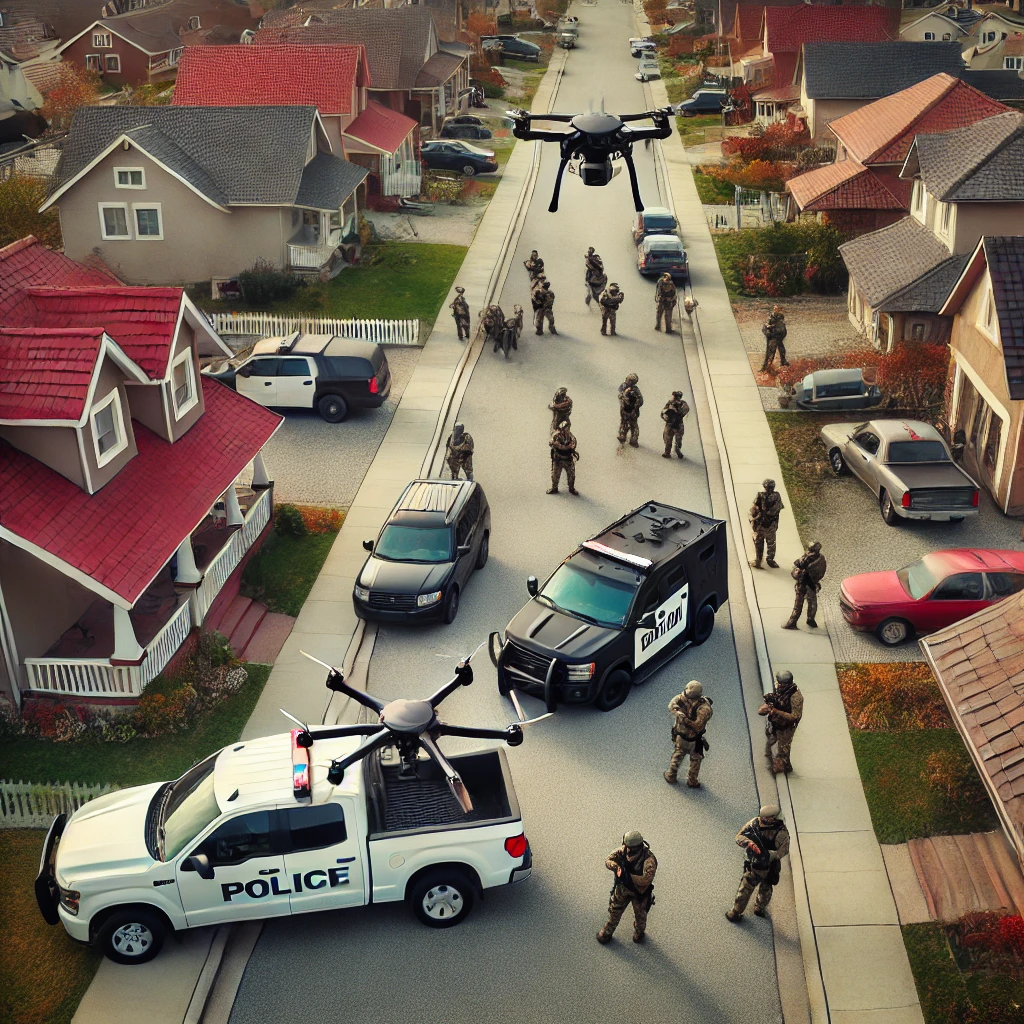California law enforcement agencies may soon have access to lethal drones after Governor Gavin Newsom vetoed Assembly Bill 2681, which aimed to ban the use of robotic devices equipped with weapons, even for law enforcement. This decision opens the door for the use of lethal drones in certain police operations, sparking debate about the role of technology in policing.

Assembly Bill 2681, proposed by Assemblywoman Akilah Weber, was intended to prohibit the manufacture, modification, sale, transfer, or operation of weaponized robotic devices. The bill passed unanimously through both houses of the Legislature and was seen as a groundbreaking step for regulating the use of drones. However, it notably did not include exceptions for law enforcement, which led to opposition from police organizations.

Governor Newsom’s veto followed significant pressure from police groups, who argued that law enforcement needs the ability to use remotely operated robots in situations where officers face dangerous threats. In his veto statement, the governor highlighted the need for police agencies to use these technologies to address situations involving armed and barricaded suspects.

The veto of the bill means that California law enforcement retains the option to use weaponized drones, raising concerns about the potential expansion of these technologies. With no regulatory framework in place, police agencies may begin adopting lethal drones for various purposes, including situations that may involve the use of force.

Assemblywoman Weber expressed disappointment with the governor’s decision, particularly since the bill had passed through the legislative process with broad support. Civil rights organizations, including ACLU California Action, also criticized the veto, arguing that allowing law enforcement to deploy lethal drones on domestic soil could have serious consequences for public safety.

Without regulation, California law enforcement may begin incorporating more advanced robotic technologies into their operations. This decision places California at the center of a larger national debate about the balance between technological innovation and public safety, as other states watch to see how the use of lethal drones evolves in the coming years.





